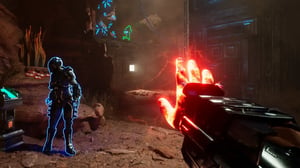
Game Design Foundations
Learn game design online and turn your passion for games into a career
Start Building Your Own Games with Guidance from Industry Game Designers
Uncover what makes a video game compelling and build foundations in designing game systems. Gain confidence in navigating industry-used software, including Unreal Engine and Photoshop, and explore essential game workflows.
Why study game design us:
- Learn from game experts with real-world experience
- Choose from private 1-on-1 or small group classes
- We are an Unreal Authorized Training Center and Academic Partner
- Blizzard Entertainment training partner
Using AAA case studies, learn to build immersive game levels and interfaces, combine different gameplay systems to create more engaging experiences, and discover what it takes to launch a successful game.
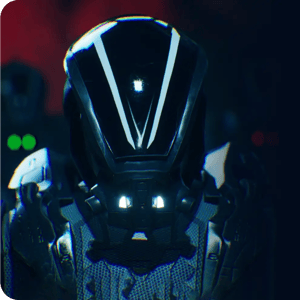
Master Your Skills. Master Your Future.
Our mission is to ensure graduates are the best trained and best prepared for a successful career in their chosen field.
Everything You Need To Know
 Qualification
Industry certificate
Qualification
Industry certificate
 Study Load
Study Load
20hrs/week
 Program Length
Program Length
9 months
 Delivery Mode
Online live classes
Delivery Mode
Online live classesCustom video lectures
Personalised mentor feedback
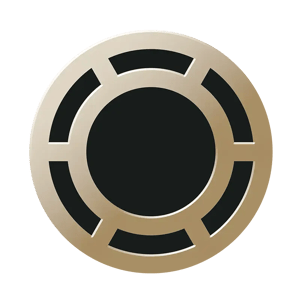 Skill Level
Skill Level
Beginner to Intermediate
No entry requirements
 Start Dates
Start Dates

Your pathway to the film and games industry
The 9-month Foundations Course is the first half of our Career Track, helping you pave your pathway into the creative industries. Gain foundational skills and knowledge that will prepare you for advanced industry training.

Want to take your education higher?
Did you know that the subjects you complete in the career track courses can be used to apply for credit toward our accredited degrees and diplomas in the same discipline?
The skills and knowledge you build in any industry-certificate course can be transferred into academic credits through our Advanced Standing and Credit Transfer process. So, if you decide to take your studies to the next level, know that your prior learning will be recognized.
Compare your options and find out which course is right for you.
Foundations 1: Essentials of Game Design
Before you can begin building a game you need a basic understanding of game design theory. We'll look at HOW things should be designed, WHY they work, and WHAT you need to do to make a compelling game. See how a platform can change the game design in fundamental ways, and how the differences must be adapted across genres.
Expect to play a LOT of games in the name of research. Every great designer must know how to analyze, deconstruct and understand how each game differs and why. You'll achieve this by learning how to paper design and concept, getting the hang of writing a level design specification, and ensuring level functionality and other technical needs are met.
- Understand what a game and game systems are and how to design them
- Design compelling game systems, quests & objectives
- Design core gameplay mechanics
- Add visuals to enhance levels
- Start learning the Unreal game engine and building simple prototypes
Portfolio projects: Game pitch document, game design document, UE gameplay prototype.
- Introduction to Game Systems
- System Design
- Communicating
- Visual Design
- Game Genres
- Core Systems
- Development Process
- Single Player Design
- Technical Design
- Level Design
- Prototyping
- Creating a Prototype
Foundations 2: Core Game Design Principles and Prototyping
It's very easy for game designers to get wrapped up in design theories and ideas. But most game ideas need to be touched, felt, played and tested sooner rather than later. In this term, you’ll learn how to bring your ideas to life and find out what goes into making a fun and compelling game.
Great ideas are a dime a dozen, being able to execute them well is more important. Using the concepts, processes and theories you’ve learned so far, you’ll learn how to validate and express your ideas then apply your new skills and knowledge of level and game systems design to tackle more complex level design problems and areas by creating your own playable game prototype in Unreal.
- Design advanced game systems, maps and assets
- Create a compelling game pitch
- Use the Unreal Engine to design and build games
- Whitebox a level in Unreal Engine
Portfolio project: UE beautiful corner prototype
- Core Systems
- Player Systems
- Level Design
- Implementing Gameplay
- Systems in Levels
- Whiteboxing
- Combat Systems
- Characters & Animations
- NPCs
- Advanced Level Gameplay
- Detailing Levels
- Polishing
Foundations 3: Professional Game Design and Implementation
Action and combat are an important part of many different games and genres. This term is about learning how to design and create great AAA combat and action games for PC and consoles. You'll take all of the theory and basic understanding of the Unreal engine which you have learned in previous terms and really learn how to apply it to make an incredible game that you can show off in your portfolio.
Take your game from idea to designing the game systems, to designing a fun level, to implementing it in Unreal so that others can play it using our custom toolkit for Unreal. You'll have all the assets and tools you need to build a game, even if you are not an artist or programmer.
- Create a compelling shooter project in Unreal Engine
- Design and create amazing combat in action games
- Implement complex AI in Unreal
- Design complex objects in the game which players can use
Portfolio projects: Shooter project GDD, and UE shooter project prototype
- Worldbuilding
- Stories to Quests
- Map Layout
- Combat in Levels
- Landscapes
- FPS Prototyping
- A.I. in Levels
- FPS Mechanics
- Object Systems
- Interactions In Levels
- Implementing Quests
- Player Gameplay
Download the Course Guide
Your creative journey begins here! Download our comprehensive course guide and discover the exciting educational opportunities that await you.Group Class
$1,222 USD/mo4 students max class size
Students are assigned mentor
Group interaction & collaboration
Private 1:1
$1,711 USD/moPrivate dedicated mentor
Students choose their mentor
More dedicated time per week
Don't Put Your Future On Hold
Financing shouldn't stand in the way of pursuing your dream career. No matter where you are in your creative learning journey, our financing options have been designed with you in mind.Learn Directly From Film & Game Mentors
To be the best, it helps to learn from the best. All game design classes are taught by professional game designers with years of experience.


Eric Jensen
Eric is a Design Manager at PlayStation's Bend Studio. He is excited to share his journey and knowledge he has gained with others.
Known for Days Gone


Heath Smith
Design Director at RiffRaff Games, Heath has 17+ years of game design experience at top studios across North America and Australia.
Known for Shadow of the Tomb Raider


Anthony Cardahi
Anthony is a passionate gamer working in the industry for 10+ years. He loves sharing ideas and perspectives, and hopes his experience in the industry can help newcomers.
Known for Metro: Exodus
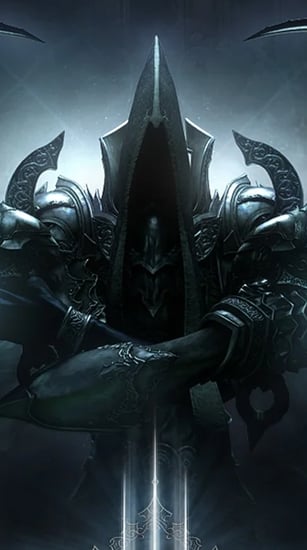

Travis McGeathy
Known for Diablo III


Daniel Pinch
Daniel's worked on games like World of Tanks, Damaged Core, and more! He currently works at People Can Fly as a Senior Game Designer.
Known for World of Tanks
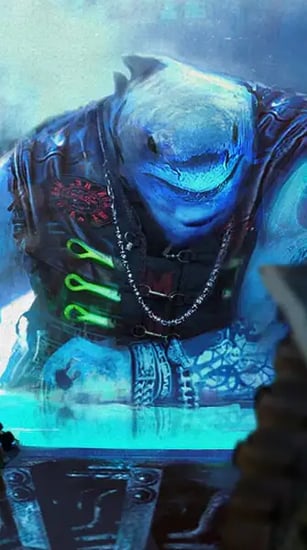

Stephan Logier
Known for Beyond Good and Evil 2
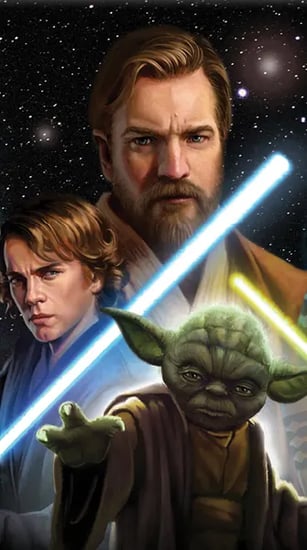

Glenn Storm
Known for Star Wars: The Clone Wars
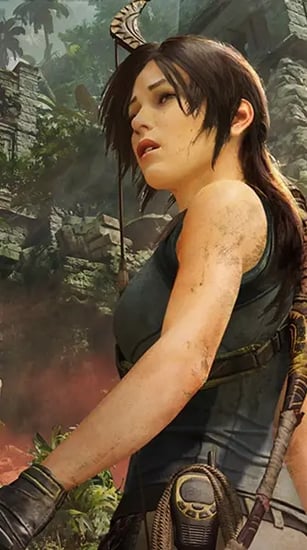

Mathieu Bissonnette
Known for Shadow of the Tomb Raider


Scot Bayless
Scot helped create the first Advanced Dungeons & Dragons roleplaying game, and was responsible for hits like Falcon 3.0, Crimson Skies, 007: Everything or Nothing and DMC.
Known for DMC
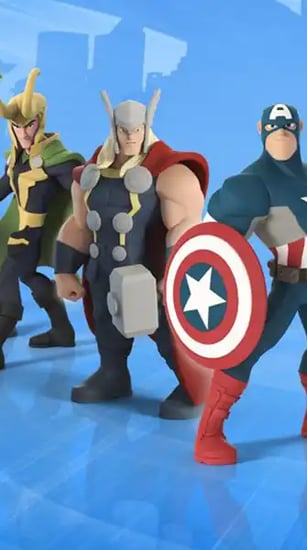

Tim Huntsman
Tim is in his fourth decade of designing and producing video games. He has a number of top-selling and award-winning titles to his name.
Known for Disney Infinity


Pascal Luban
Known for Splinter Cell: Pandora Tomorrow
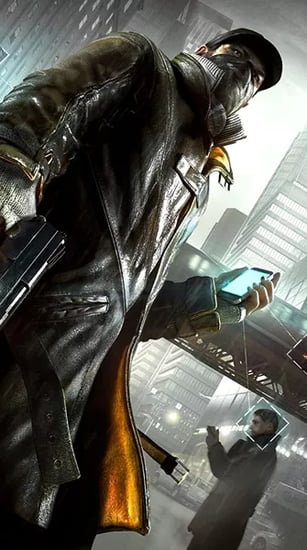

Philippe Baude
Philippe is a Lead Game Designer at Ubisoft. He specializes in 3Cs, Rational Systems Design, Meta-game/Economy Design, and Designer Mentorship. He’s worked on Far Cry, Watch Dogs, and Hyperscape.
Known for Watch Dogs
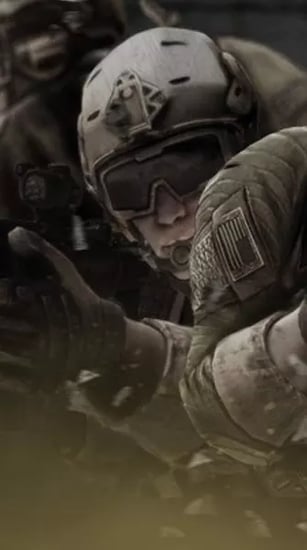

Casey Bradley
Casey is a multi-disciplined designer—he creates levels, designs gameplay systems, and leads design teams. He’s operated in the industry for over a decade and currently works at Traega Entertainment.
Known for America's Army franchise
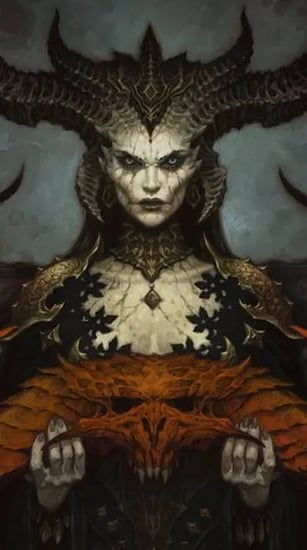

Jason Roberts
Known for Diablo IV


Ryan Laley
Known for Mimic
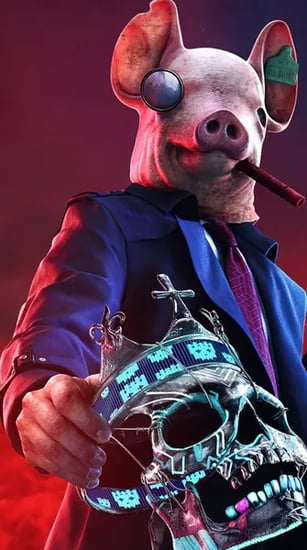

Roozbeh Madanipour
Known for Watch Dogs: Legion
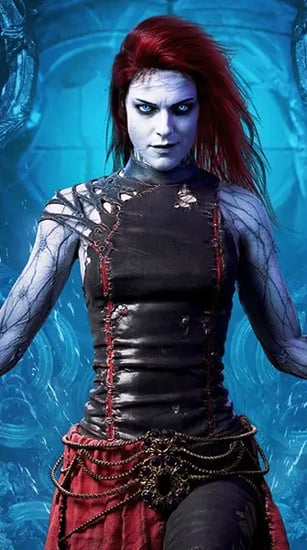

Max Tishakov
Known for Outriders Worldslayer
Get The Education Your Deserve
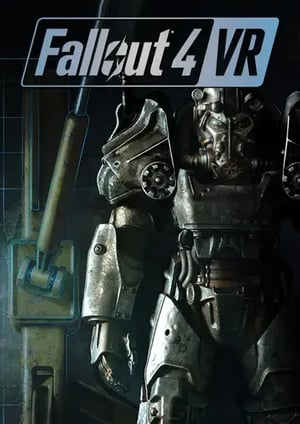
"CG Spectrum's training got me hired in the industry.
CG Spectrum helped me build the skills and connections that directly resulted in getting hired as a Gameplay Programmer at New World Interactive."

Jeff G | Game Development
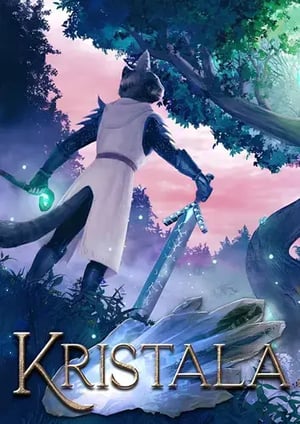
"CG Spectrum has exceeded my expectations in terms of quality of learning, support, and continued guidance from mentors and peers.
Also, the community at CG Spectrum is amazing! People are passionate about what they study and do. It's a great study and work environment."

Alexios V | Game Development

"CG Spectrum is the perfect place to gain focus, understanding, an encouragement for your journey.
If you are looking for a supportive place to gain or hone skills in game design or other verticals, CGS is a fantastic and worthy place to dive in."

Shaul H | Game Development
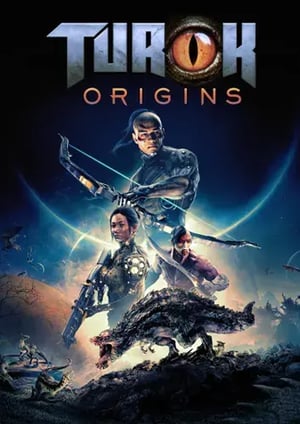
"A cornerstone for your career.
I can honestly say that even by having experience in the field, I've gained a mind-blowing volume of understanding, even when considering the most basic of aspects behind Game Design and Development! Concepts I thought I knew now look so different in a new light. Lessons are challenging, and assignments and classes engaging. A must for any professional looking to up their game a notch or 73."

Fritz M | Game Development
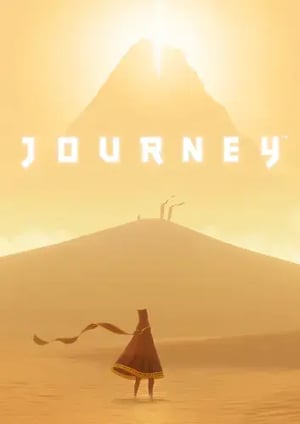
"I chose CG Spectrum because I wanted to take my learning to the next level & ensure I was working on the most efficient way to get into the industry.
Chris Swain was the guiding force that kept me headed in the right direction with his sage advice. He was also a calming presence that kept me relaxed during what was often an overwhelming experience.
Thank you Chris for being a friend, a motivator, and a teammate during my time at CG Spectrum and beyond."
 Luke Williford | Game Development
Luke Williford | Game Development
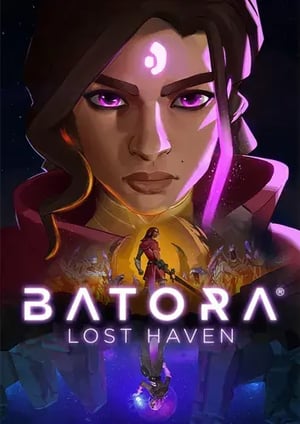
"CG Spectrum prepares you to work as a professional game designer from day one.
The most impressive quality CG Spectrum offers is a course that makes study as if you were on your first job. If you are willing to put the energy into studying and do the assignments as if you were on the job, and if you are ready to hear your mentor's suggestions and challenge yourself to push your limits, you will get an experience very similar to the workplace. "

Loris C | Game Development
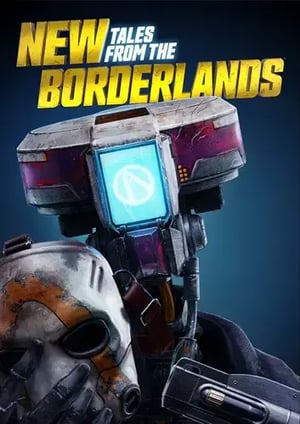
"My experience at CG Spectrum was second to none, and taught me so much more than I initially anticipated.
My mentor took me from being barely computer literate to an animator working at a studio in only a year and a half. The information and level of teaching at CG Spectrum will absolutely not be found anywhere else."

Kieran L | Game Art & Animation
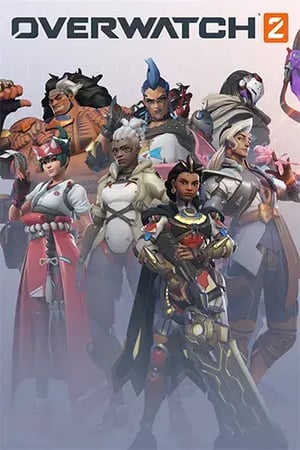
"Having a mentor definitely helped! It was awesome to have someone I could reach out to when I was stuck.
Getting the weekly feedback also helped in terms of what to improve and what to focus on next. In Term 3, we learned Unreal Engine; I implemented the knowledge I gained in that course to my Advanced 3D Modeling Course to create some additional renders that demonstrated my understanding of using and integrating game-ready assets into an actual game engine.

Benjamin O | Game Art & Animation
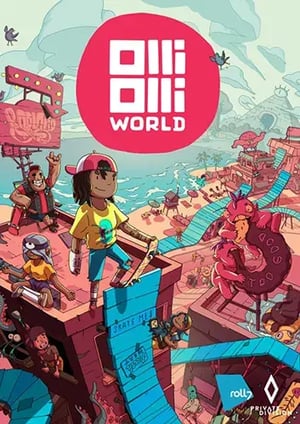
"I highly recommend signing up with CG Spectrum!
I was looking for a final push to bump my skills and finally start applying for jobs as an artist. Shortly after finishing my Advanced 3D Modeling Course I landed my first job as Junior Environment Artist, which was my dream!"

Kasia P | Game Art & Animation

"Having someone that is part of the industry personalizing your training, and providing honest feedback backed up by years of experience is something very valuable you won't get in other Game Programming Courses.
My mentor assisted me in realizing a game prototype I had in mind for quite a long time, and that was amazing. I highly recommend anyone interested in the course to spend that extra money and go for the 1-to-1 formula, because that's where you'll see the biggest difference with other online resources."

Luca Piedrelli | Game Development
Join Our Alumni at World Class Studios
Our mission is to train highly skilled graduates ensuring they are prepared for a successful career. Take the first step towards joining our alumni at world-class studios creating work that inspires.










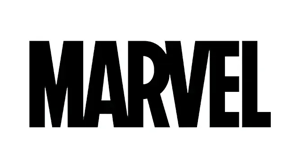

Questions? We Have Answers
Age Minimum
The general minimum age to be able to enroll in our industry certificate courses is 16. We require parent or guardian consent during the enrollment process for applicants under 18.
Students under 16 will require a further assessment before they can officially enrol. This may include an interview with a course advisor and the creation of a study plan to ensure they have considered how they will manage a college-level workload.
English Proficiency
We expect our students to have a good understanding of written and spoken English. There’s no specific ’level'; however, you must be able to understand video tutorials in English (no subtitles) and speak with your mentor in English during your live Q&A session.
Computer Literacy
To be successful in this program, you will need basic computer skills and a computer that meets the minimum specifications (see next question).
At CG Spectrum, occasionally, it is possible to skip ahead and start studying in later terms. We highly recommend that most students do not skip ahead as each subject covers a tremendous amount of information and skills that will be used throughout the entire program (and will require some catching up in your own time if skipped).
Term one is still incredibly challenging and covers a lot of material. It includes over 25 hours of lecture videos and there are over a dozen assignments students need to complete. All of the future course material will build upon this foundation.
The course will cover some basic concepts, teach the basics of using the Unreal Engine, teach the fundamentals of system and level design, and teach you how to deconstruct games properly and design using a systemic approach.
If you have not released an indie game or worked professionally to design PC/Console AAA games, we highly recommend you do not skip the first term. Even if you have designed mobile games, VR, or other genres or platforms of games, we do not recommend skipping it as the nuances are different in each platform.
If you want to be considered for skipping the first term, you must submit a portfolio to be reviewed and considered. The portfolio must include:
- Example Pitch Deck, Game Pitch, and a Game Design Document (GDD) for a major action, adventure, role-playing, shooter or other mainstream AAA PC/console game.
- Whitebox level prototype in Unreal Engine or Unity.
- Example PLAYABLE level or game built in Unreal Engine or Unity. It must also be action, adventure, role-playing, shooter, or other mainstream AAA PC/console game.
This will ensure that you are familiar with the right materials, concepts, and tools to design new game concepts and build them in a game engine.
If you are unsure if your skills are sufficient, send us your portfolio when you apply, and we'll arrange for the department head to review it and, depending on the circumstances, a student interview.
Software:
Students are required to use Unreal Engine, which is free to download.
We also recommend that you purchase Photoshop/Illustrator (Creative Cloud 'All Apps' plan with a student discount) for the length of your studies. Free alternatives to Photoshop include GIMP/Inkscape.
Hardware:
Students will need a dedicated graphics card and a computer that meets the minimum requirements for Unreal Engine and Photoshop.
Please note: as the software we use is regularly updated, please check the specs against the latest available version at the time of enroling.
This course gives you an excellent understanding of game design fundamentals. Depending on your level of commitment, skills, and portfolio pieces, you may be ready to start applying for entry-level artist positions.
To further hone your skills and increase your hiring potential, the Game Designer Specialization course (available early 2025) is recommended. It covers more complex techniques and includes an entire term dedicated to career development and building your portfolio to prepare you for junior game design jobs such as:
Students also gain access to additional career services to support them in their job hunt. The CG Spectrum community is another great resource—you can network and find out about game development job vacancies through graduates and mentors already working in the industry.
Discover more about these game development jobs, tips, and salary expectations on our careers page:
Looking For Something Else?
Check out our full range of courses with study options for all skill levels, from short introductory courses, specialized industry tracks and accredited degrees and diplomas



